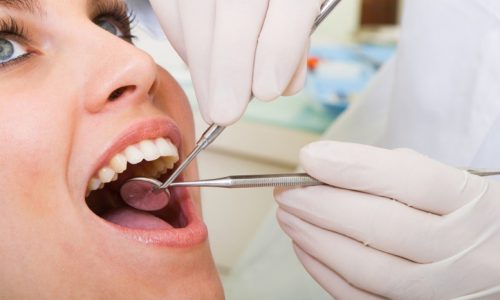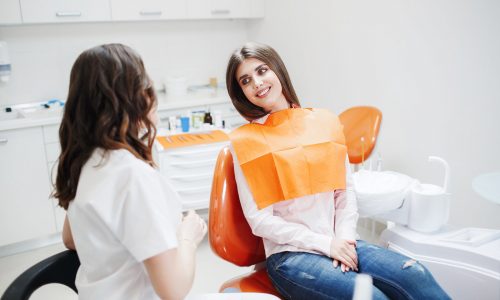3 Reasons Why A Dental Checkup Is Important
A dental checkup is a good thing, and you should get one every six months. People who regularly get checkups are less likely to ever deal with a serious dental issue that requires an invasive treatment. That is just one benefit of getting routine checkups. There are so many more.
Benefits Of A Dental Checkup
These are a few of the reasons why dental checkups are important:
1. Dental Checkups Prevent Plaque, Tartar, Cavities And Tooth Decay
Even the most fastidious person can fail to clean the hard-to-reach places in their mouth. A good example is the back molars, which are notoriously hard to clean. That is why every person should see a dentist every six months.
The dentist will examine the patient’s teeth to look for early signs of tooth decay. If the dentist finds small cavities or white spots on the teeth, they will start the patient on fluoride treatment to reverse the decay and treat larger cavities with dental fillings.
Next, the dentist will perform a professional tooth cleaning to remove plaque or tartar from the teeth and gums. This will protect the teeth and gums from attacks by harmful bacteria that make their home in plaque and tartar.
2. Routine Dental Visits Keep Gum Disease At Bay
For the most part, the early stages of gum disease have no symptoms. This makes it hard for a person to detect gum disease in their mouths. Luckily, dentists are trained to spot gum disease even when it tries to hide.
During a routine checkup, the dentist will make sure that the gums are firm. They will check for swelling, receding gums and deep gum pockets. If the dentist finds any of these worrying symptoms, they will treat the underlying cause.
Usually, early gum disease goes away when a patient improves their oral habits, and a dentist will gladly guide their patient on how to take care of their gums.
3. Routine Checkups Can Detect Systemic Health Issues
Another part of dental checkups is the head and neck exam. The dentist will check the lymph nodes, neck and jaws for swelling, lumps, deformities and any other symptoms of illness. If a problem is found, the dentist will refer the patient to the appropriate medical professional.
This is one reason that a person should look forward to their dental checkups. They get to have their thyroid checked for the low, low price of a dental checkup. What is not to love?



